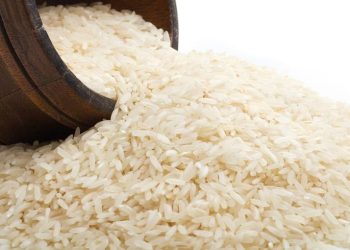Jakarta, Indonesia Sentinel — The Indonesian government has announced new investment requirements for Apple as a condition for selling iPhone 16 in the country. Apple is being asked to raise its investment in Indonesia to $1 billion, equivalent to approximately Rp15.8 trillion.
The demand was revealed by Indonesia’s Minister of Investment and Downstreaming/BKPM, Rosan Roeslani, during a parliamentary meeting on Tuesday, December 3. Minister Rosan stated that he expects Apple’s response within a week.
“I have requested an initial investment of $1 billion (Rp15.8 trillion), and I’ve asked them to provide a written commitment. Hopefully, I will receive their response within a week,” Rosan said.
Minister Rosan emphasized that the $1 billion figure was proposed to ensure fairness in Apple’s investment practices. He made it clear that Indonesia, under President Prabowo Subianto’s administration, is taking a firm stance to ensure that Apple does not merely reap profits from the country’s economy without giving back.
Indonesia has long been a significant market for Apple products. However, Rosan pointed out that Apple’s investment in Indonesia remains modest compared to countries like Vietnam.
The government expects Apple to play a more active role in advancing Indonesia’s economy and adding value to local industries. Apple also expected to contribute to local job creation and integrate the domestic industry into its global value chain.
President Prabowo Commits 20,000 Hectares of His Own Land to Save Sumatran Elephants
“We want to see fairness here. If they benefit from our market, then they should also invest here and create jobs locally,” Rosan said. “We hope Apple will relocate parts of its global supply chain to Indonesia. When that happens, it often triggers a domino effect, encouraging other suppliers to invest in the country as well.”
Apple’s Initial Proposal
Apple has been reluctant to commit to large-scale investments in Indonesia. Previously, the company proposed a $10 million or roughly Rp1.58 trillion investment to establish a components and accessories factory in Bandung. But the government rejected the proposal, deeming it insufficient and inconsistent with its principles of fairness.
Therefore, Apple still faces the ban on selling the iPhone 16 in Indonesia due to a local regulation requiring a minimum of 35% domestic content in its products. The Ministry of Industry has stated that the ban will remain in effect until Apple meets the new requirements.
The Indonesian government hopes that a larger investment from Apple will help the country achieve its national economic growth target of 7-8%, as outlined by President Prabowo. A more substantial investment is expected to integrate Apple further into Indonesia’s economy, foster job creation, and drive growth in the local tech sector.
(Raidi/Agung)

























